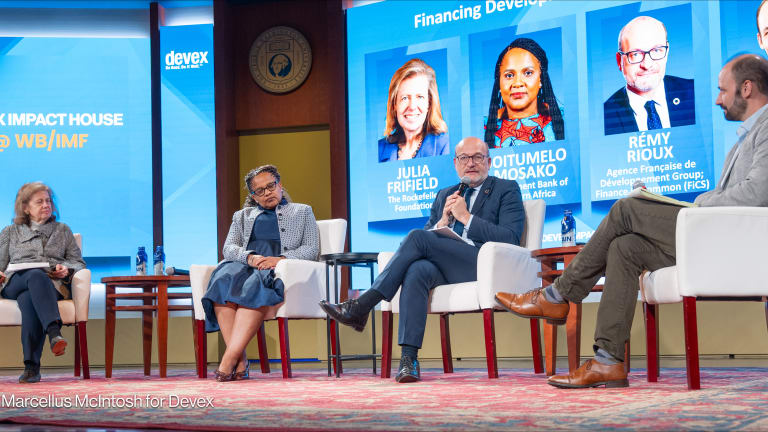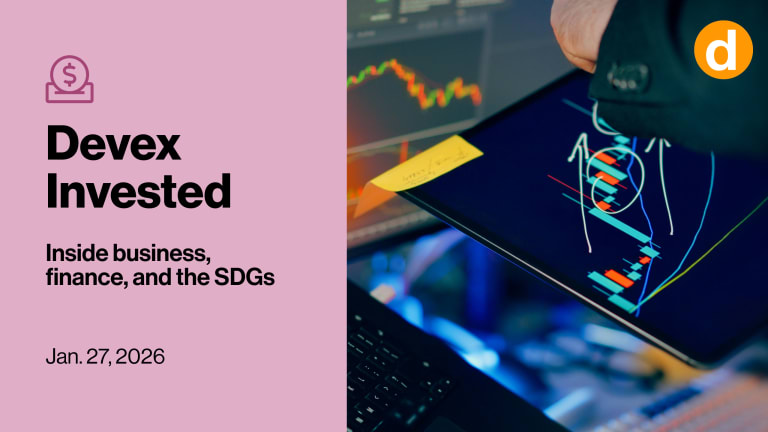The war in Syria and global response have dominated headlines in 2015. This year we have seen a horrible regional conflict go truly global. It has now spilled aggressively across borders, setting a record 60 million refugees or displaced persons, according to the U.N. refugee agency.
Nearly every donor nation in the world is playing some role in easing the crisis whether it’s trying to broker peace, contributing humanitarian assistance or accepting refugees. United Nations agencies are leading the emergency response, but are stretched thin and require additional resources and support as needs evolve. While there is currently no end to the conflict in sight, establishing peace and rebuilding Syria will remain on the international development radar for decades to come.
Despite the persistent obstacles and open-ended questions surrounding Syria, 2015 was in many ways a milestone year for global development with new priorities and actors changing the development finance outlook like never before. Forward-looking plans and agreements are in place to guide future foreign aid spending. Emerging donors are opening up new funding streams. And with the help of the international development donors and partners, some developing countries are breaking the shackles of authoritarianism and others are rising to middle-income status so they can fund their own development programs.
Search for articles
Most Read
- 1
- 2
- 3
- 4
- 5








